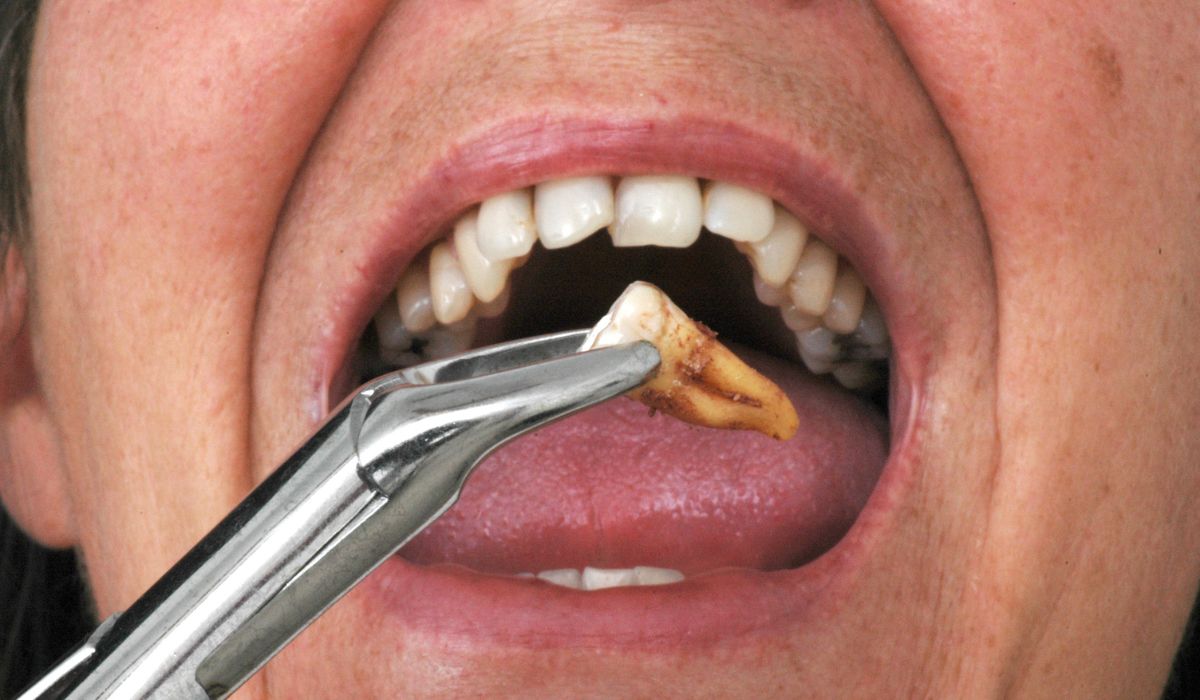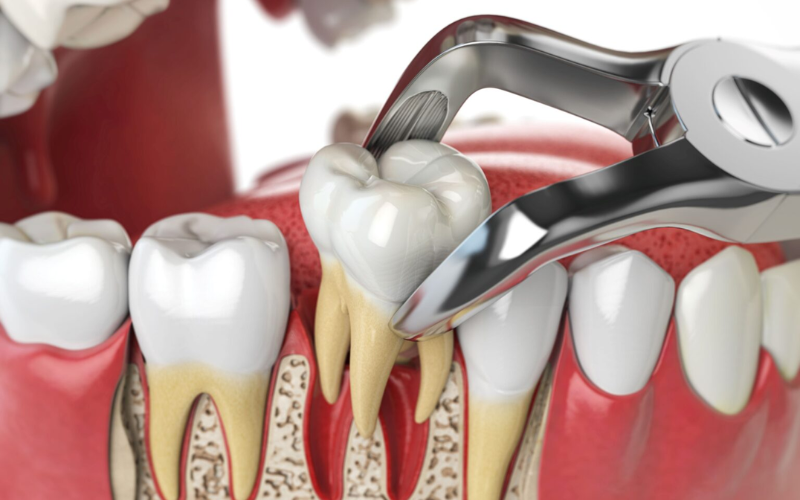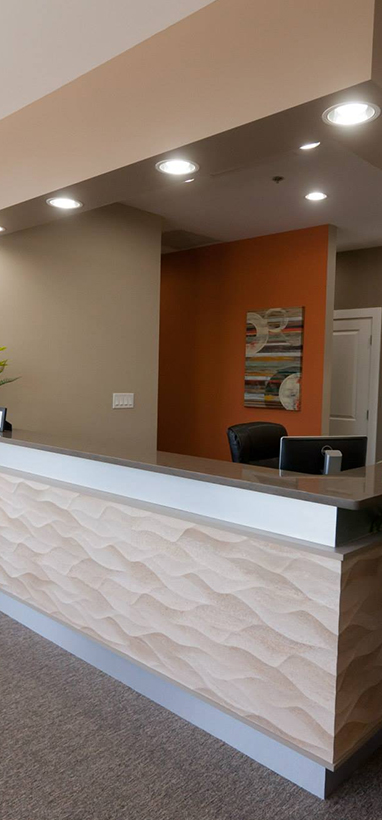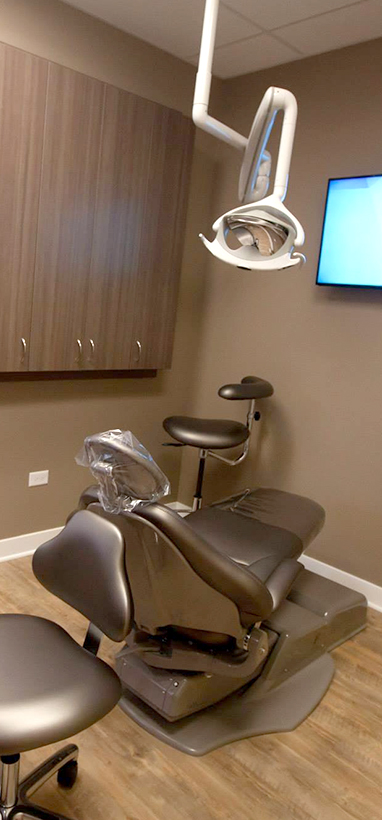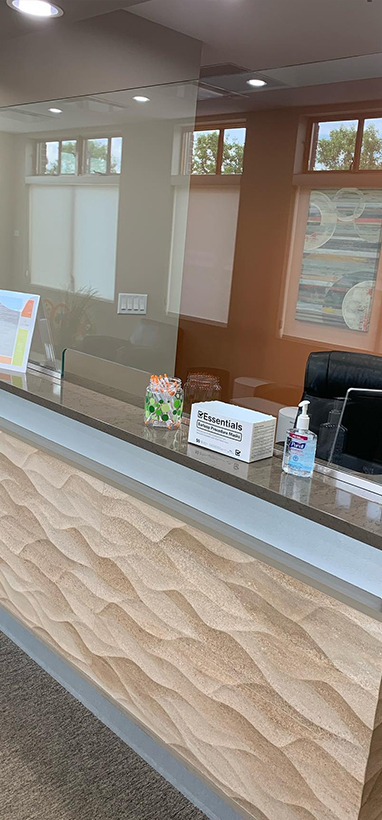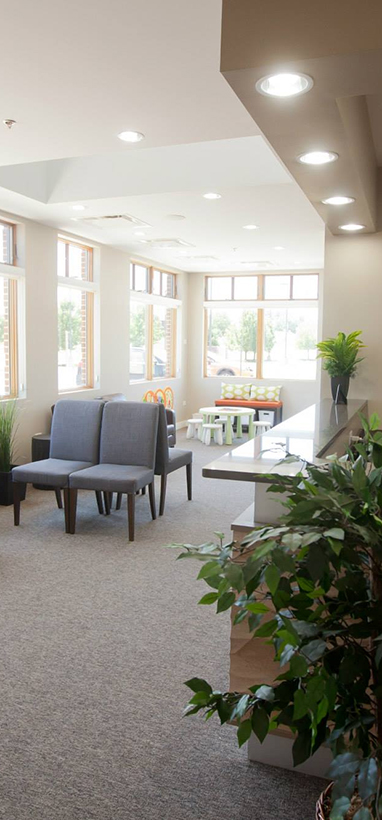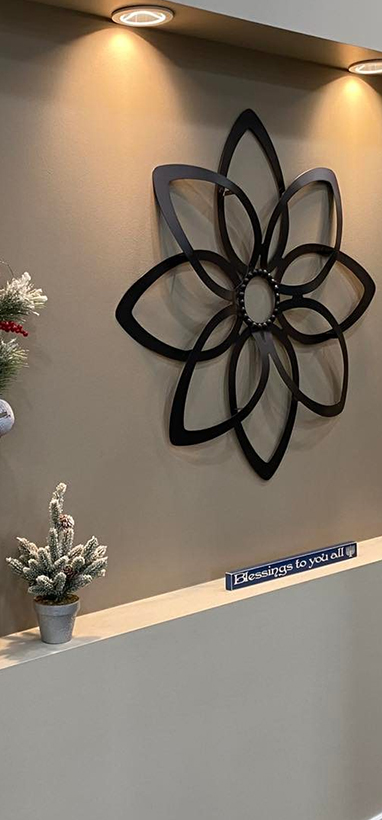1516 Legacy Cir, Naperville, IL 60563
Is It Okay To Drink Coffee after Tooth Extraction?

After a tooth extraction, you’re likely to be cautious about what you eat and drink, wondering if your favorite beverages like coffee are safe. While coffee is a beloved morning ritual for many, its effects on your recovery post-extraction can be a concern. In this blog post, we’ll explore whether it’s okay to drink coffee after a tooth extraction, the potential risks and benefits, and how to best care for your oral health during the recovery process.
Can You Drink Coffee After Tooth Extraction?
After a tooth extraction, it’s natural to crave your favorite cup of coffee, but it’s crucial to understand the impact it can have on your healing process. Dentists generally advise against drinking coffee for at least the first 24 to 48 hours after a tooth extraction. During this initial healing period, the focus is on allowing the blood clot to form and stabilize in the extraction site. This blood clot is essential for proper healing and protects the underlying bone and nerves. Disrupting this clot, especially in the first few days, can lead to a painful condition known as a dry socket.
A dry socket occurs when the blood clot either dissolves prematurely or is dislodged from the extraction site. This exposes the underlying bone and nerves to air, food particles, and bacteria, leading to intense pain and delayed healing. Drinking coffee too soon after a tooth extraction can increase the risk of developing a dry socket. The heat and acidity of coffee can also irritate the extraction site and interfere with the formation of the blood clot.
Effects of Coffee on Post-Extraction Healing
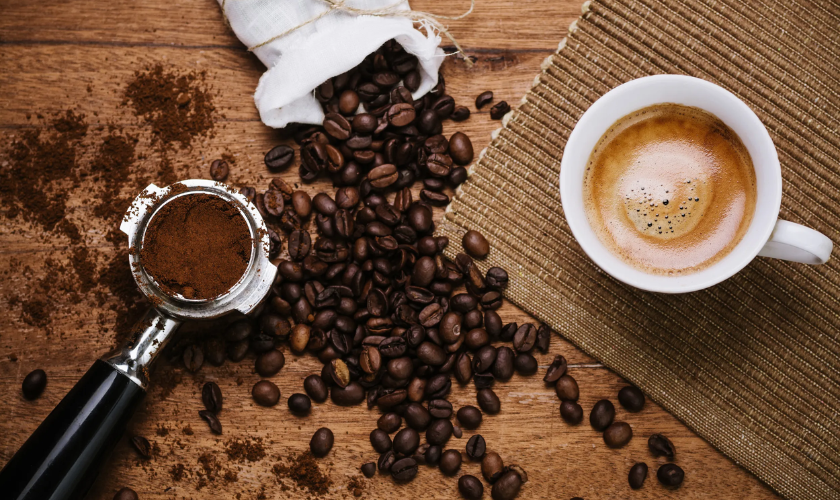
Stimulation
Coffee contains caffeine, a stimulant that can increase heart rate and blood pressure. While this can help you feel more alert, it may not be ideal during the initial healing phase after a tooth extraction. Increased blood flow to the extraction site can disrupt the formation of the blood clot, which is crucial for proper healing. Moreover, caffeine’s stimulatory effects can interfere with your body’s ability to relax and rest, which is essential for the healing process.
Dehydration
Coffee is a diuretic, meaning it increases urine production and can lead to dehydration if consumed in large quantities. Dehydration can impair the body’s ability to heal properly, as adequate hydration is necessary for various physiological processes, including tissue repair. It’s important to balance your coffee consumption with sufficient water intake to ensure proper hydration, especially during the healing period after a tooth extraction.
Acidity
Coffee is acidic, which can be harsh on your healing gums and oral tissues. Excessive acidity can irritate the extraction site and surrounding tissues. Also, it potentially delays the healing process. The acidic nature of coffee can also contribute to the breakdown of enamel, especially if consumed frequently or in large quantities. Consider opting for decaffeinated or low-acid coffee options to reduce the risk of irritation and promote faster healing.
Staining
Coffee is well-known for its ability to stain teeth, and freshly extracted teeth are particularly vulnerable to staining. While this may not directly impact the healing process, it can affect the appearance of your smile. This happens especially if you have undergone a visible extraction, such as a front tooth. If you’re concerned about staining, consider using a straw to minimize contact with your teeth. Also, its important to opt for whitening toothpaste to help maintain the whiteness of your teeth.
Best Practices for Drinking Coffee After Tooth Extraction
Please wait at Least 24 Hours: It’s crucial to allow the blood clot to form and stabilize in the extraction site before consuming coffee. Waiting for at least 24 hours reduces the risk of disturbing the clot and developing a dry socket, a painful condition that can occur if the clot is dislodged prematurely.
Limit Consumption: When you do decide to reintroduce coffee into your diet, do so in moderation. Limit your intake to one or two cups per day and avoid excessive caffeine consumption. Too much caffeine can interfere with your body’s ability to heal. Also, it might increase your risk of experiencing side effects such as increased heart rate and jitteriness.
Use a Straw: Using a straw can help minimize direct contact between the coffee and the extraction site. Also, it reduces the risk of disturbing the blood clot. Opt for a straw that allows you to sip without creating suction, as excessive suction can also dislodge the clot. Additionally, make sure the coffee is not too hot. This is because heat can also disrupt the clot and increase the risk of complications.
Rinse with Water: After enjoying your coffee, rinse your mouth with water to help remove any residue and neutralize acidity. This can help reduce the risk of staining and minimize the impact of the coffee’s acidity on your oral tissues.
Monitor for Symptoms: Pay close attention to how your body responds to coffee after a tooth extraction. If you experience increased pain, swelling, or bleeding, stop drinking coffee and consult our dental practices. These symptoms may indicate that the extraction site is not healing properly. Also, it may indicate that you might develop dry socket.
While it’s generally best to avoid drinking coffee immediately after a tooth extraction, moderate consumption is usually safe once you’ve healed. Remember to prioritize your oral health and follow your dentist’s instructions for a smooth recovery. If you have any concerns or experience complications, don’t hesitate to reach out to your dental professional for guidance. By following these guidelines, you can enjoy your coffee while ensuring a healthy and successful recovery after tooth extraction.



